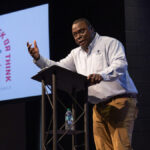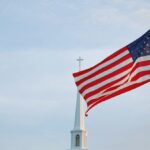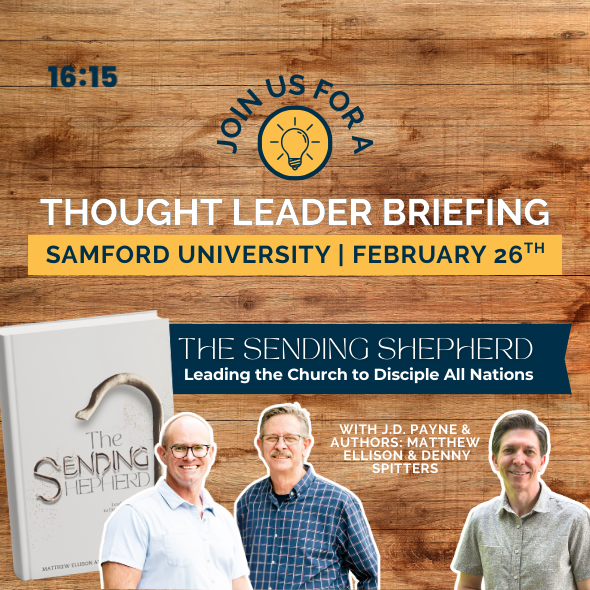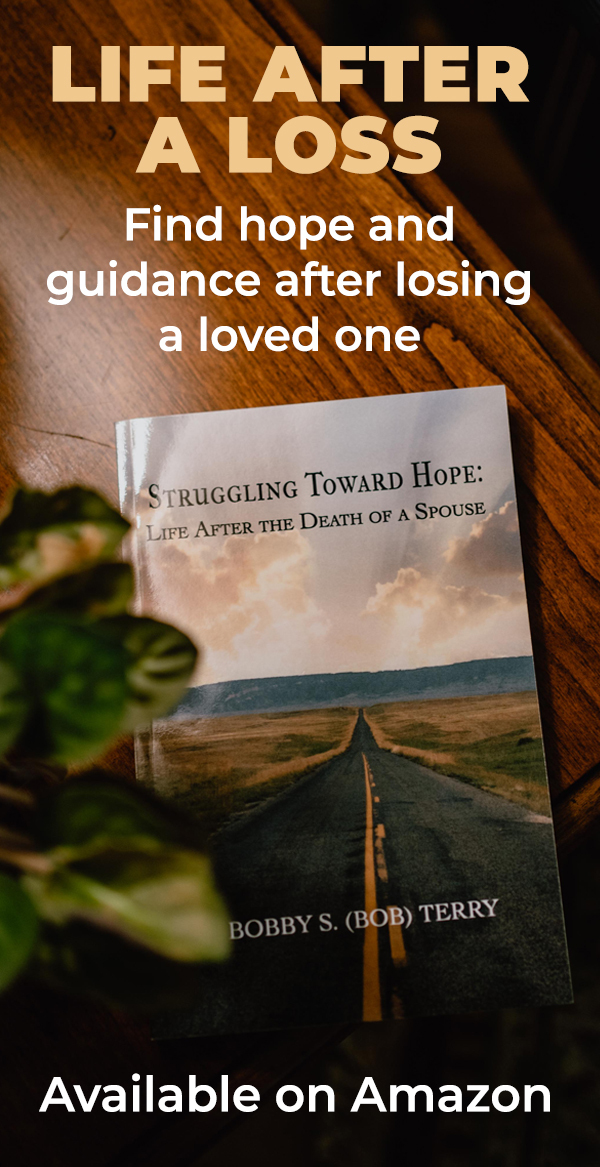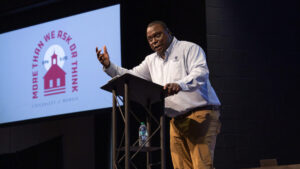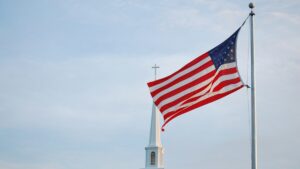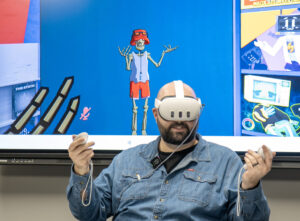When Bayron Mosquera moved to Alabama from Ecuador in the early 1990s, there weren’t many Hispanic pastors in the state.
The church that called him — Dawson Memorial Baptist in Birmingham — had recently planted a Spanish-speaking congregation led by former International Mission Board missionary Brian Harper, who suggested they bring Mosquera in as pastor.
“Our Hispanic congregation at Dawson was started by a small group of people who had the foresight to see the implications of what was happening with our Hispanic population here, though in the early 1990s it was really small,” said Ben Hale, Dawson’s evangelism and missions pastor.
Now the Hispanic population of the U.S. numbers more than 60 million — the second-largest Spanish-speaking country in the world behind Mexico. More than 200,000 of those individuals make their home in Alabama.
And as that number has grown, so has the church. It draws in people from 15 countries who lived all over the Birmingham metro area.
“Over the past 27 years as Pastor Bayron has been here and worked with us, we have seen our Hispanic congregation not only grow numerically but also in maturity,” Hale said. “Bayron’s congregation [includes] some of the most faithful and most evangelistic people we have in our larger congregation.”
But a reality stared them in the face — though the church was doing great work, they couldn’t reach the growing Hispanic population by themselves. They were going to need more churches — and more pastors like Mosquera to lead them.
A second church plant
In 2011, the evangelistic spirit of Congregación Hispana Dawson took them to the northern part of Jefferson County to link up with a handful of volunteers from North Jefferson Baptist Association who had been doing ministry in a mobile home park.
Steve Loggins, director of missions for North Jefferson Association, said the volunteers had seen God at work there.
“Three ladies from Mount Olive First Baptist started the [ministry],” he said. “They were all octogenarians. Two of them were retired schoolteachers. One of them kept kids, one of them did ESL and one of them did citizenship classes.”
They were based out of a modular building made available by the Alabama Baptist State Board of Missions, Loggins said. And then Dawson’s Hispanic congregation came alongside, helping host ESL events, soccer tournaments and Bible studies. Other churches also participated, including Gardendale First Baptist and a local Methodist congregation, Loggins noted.
‘Evident’ need arises
Over time as they worked together, Hale said the need for a church in that area “became evident.” Research indicated between 7,000 and 8,000 Hispanics lived there. So with Mosquera’s congregation taking lead, they began working to plant a church. At first, Fulton Springs Baptist Church — an aging congregation preparing to close its doors — responded with excitement to Loggins’ encouragement to give its facility to the new church.
Instead, the City of Fultondale decided to purchase the property through its power of eminent domain, the right of government to claim private property for public use.
That paved the way for a new partner — Fultondale First Baptist Church. Mark Gainey said he heard from Dawson the week after he became lead pastor of Fultondale FBC, asking if they might be interested in hosting the new church plant. He said yes, knowing that was something he wanted to pursue.
The church had a long history of ministry to the area’s Hispanic community. They had run a bus ministry in years past, and at one point sermons were live translated into Spanish.
“We began to meet with the leadership of … Dawson, and God paved a way,” Gainey recalled. “Every door was just wide open.”
The new church began meeting in the youth room at Fultondale FBC. Several families from Dawson’s Hispanic congregation served as the core team to help the work get started, and Mosquera filled in as pastor. But God already was preparing the way for a full-time pastor. The money from selling the Fulton Springs Baptist property to the city would become seed money for that salary.
Preparing the way
And God was preparing the person too — Joshua del Risco, who had previously served with the North American Mission Board and as evangelism director for the Baptist General Convention of Texas. He was someone who knew what a church plant like that could do.
For nearly his whole life, del Risco had a soft spot for the model of English-speaking churches partnering with Spanish-speaking churches. A church like that is where he surrendered his life to Jesus as a boy. A faith with Cuban roots His family’s faith story started back in Cuba.
“My grandmother — her husband was a successful businessman and passed away, and they went from having a lot to having nothing and ended up sleeping in parks,” del Risco related.
Someone told her a local Baptist church was looking to hire someone to help with cooking and cleaning, and she got the job. She got involved in the church and made a profession of faith.
That trickled down all the way to del Risco years later at Second Ponce de Leon Baptist Church in Atlanta, where his father served as pastor of the church’s Spanish-speaking congregation after the family moved to the U.S.
“I was a rambunctious little boy and was constantly getting in trouble for fighting,” he said.
Each Sunday while his parents were in the worship service, young del Risco was somewhere else.
A realization
“I figured out at a young age that once the Spanish church started, I could go down to the basement, eat donuts and watch football games on TV,” he remembered. “And so I had it timed where at the appropriate time when the last amen was said, my parents would look back and there I was sitting in the back pew.”
He did this every Sunday until one week when he came back upstairs, and the timing wasn’t quite right — the visiting revival preacher was still speaking.
“I can’t tell you exactly what it was that he said, but I do remember that I felt he was talking to me,” del Risco recalled. “I was in and out of trouble, and his words helped me understand what my problem was. I needed a relationship with Jesus Christ.”
That realization changed his life, and the call that came afterward eventually brought del Risco to Fultondale where he is pastor of Iglesia Bautista Vida Nueva, the church plant that meets at Fultondale FBC.
Del Risco was familiar with Congregación Hispana Dawson before he got the call about coming to serve as pastor of the new church plant. He had gotten to know Mosquera at events for Hispanic Baptists in the state and had spoken at the Dawson Hispanic congregation’s men’s retreat.
During his first visit to Fultondale FBC, he saw something he wanted to change.
“I said, ‘I’d love to see us worship in the sanctuary because I really feel like that would fuel the growth of our ministry,’” del Risco recalled.
Gaining momentum
Gainey agreed, and everything seemed to fall into place, according to del Risco. The congregation of FBC would meet for worship on Sunday mornings, then Vida Nueva would meet at noon.
“It’s been a blessing for our people to be able to participate alongside First Baptist in this partnership,” del Risco said. “So it’s been a good relationship. First Baptist has been a tremendous partner in allowing us to use the facility, and Dawson’s been a great partner in helping us administratively and helping us in other areas. So as the church strengthens, I think everybody can walk away [knowing] that they’ve done their part to birth and nurture this new church.”
Gainey said any blessing his church might give pales in comparison to the blessings they receive.
“One of my favorite aspects of this partnership has been doing ministry together,” he explained. “Events like Vacation Bible School and our fall festival, our churches have partnered … so we can reach all of the community. Every time we do that, I see a picture of heaven. I see God using both of our churches to reach people we wouldn’t reach otherwise.”
Ben Hale said it wasn’t long before the Hispanic congregation at Dawson added more people to the space the core team had left, and as Fultondale FBC also grew, the combined total was many more than one church could have reached alone.
And it wasn’t long before everyone involved began to realize this would be the perfect environment for even more pastors to be mentored and sent out to serve the growing Hispanic population in other parts of Alabama.
New congregations
With that in mind, after much planning, Dawson is kicking off a church planting residency program this year to train Hispanic church planters who will start eight new congregations across the state in the next several years. The program — funded by Dawson’s Go Love Tell initiative — will involve a church planter candidate working alongside del Risco for 12 to 18 months. After that long, practical mentorship, the resident should be ready to plant, Hale said.
“After that period of time, the church planters will move and locate where they plan to plant their church,” he noted. “Those churches will be planted in various places in Alabama that have already been identified as having a great need for Hispanic congregations.”
The residency training curriculum, developed by Iglesia Bautista Vida Nueva and the Alabama Baptist State Board of Missions, teaches and equips the planter to raise support for the church plant. It also teaches basic church growth and how to relate to other congregations in the community.
“It is a practical, hands-on learning experience where they will walk side by side with Pastor Joshua,” Hale said.
Del Risco said he’s “really excited” about it, and Gainey agreed. “The fact that it’s a work including multiple churches, multiple associations — it’s a testament to God’s kingdom at work, and that’s the way it should be,” Gainey said. “We are passionate about doing whatever it takes to partner with others to reach people for Christ and make disciples. We see it as an extension of what God has called us to do already in this community.”
And Brian Harper — the former pastor of Congregación Hispana Dawson in the early 1990s — also will play a role. Now lead church planting strategist for SBOM, Harper will provide information about areas of need and help identifying potential residency candidates.
Hale said he hopes the model that’s developed will encourage other Alabama Baptist churches to consider planting Hispanic congregations or serving as a host church for new plants.
“We are hoping that by planting new Hispanic churches that our existing Anglo churches will learn better how to minister to their brothers and sisters that are becoming a larger portion of our population in the years to come,” Hale said.
For more information or to apply for the residency program email Hale at bhale@dawsonchurch.org.

